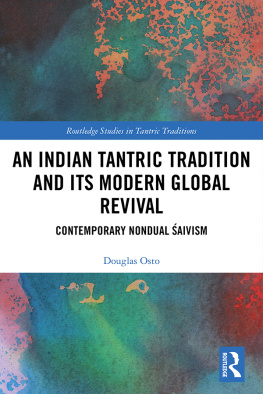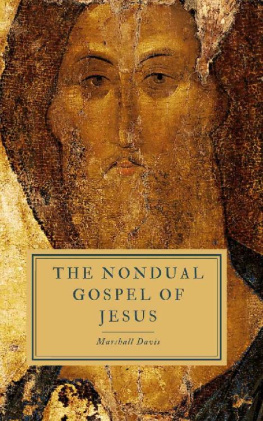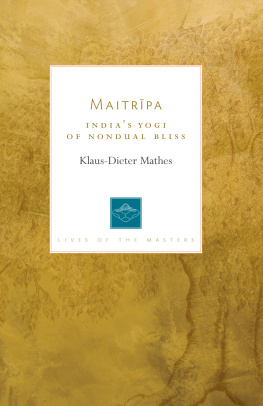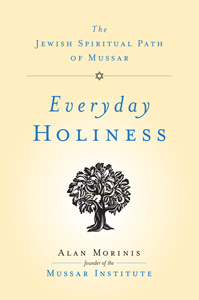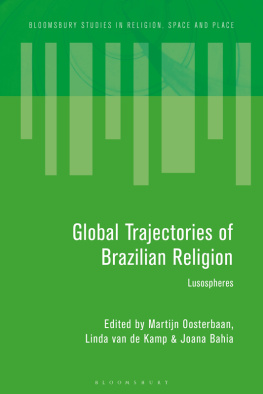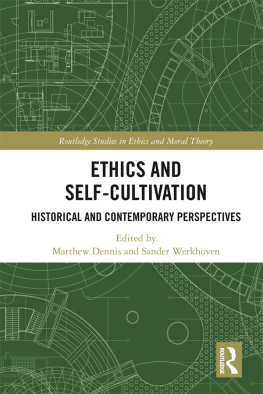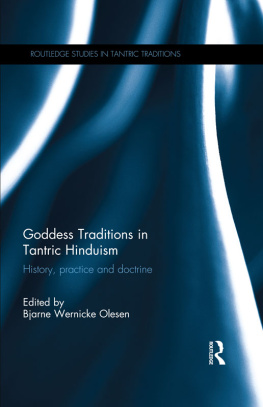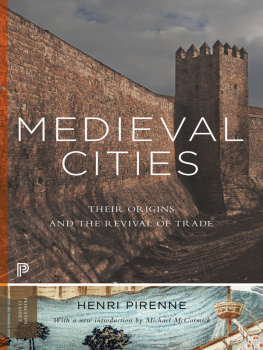Table of Contents
Guide
Print Page Numbers
An Indian Tantric Tradition and Its Modern Global Revival
This book analyzes the contemporary global revival of Nondual aivism, a thousand-year-old medieval Hindu religious philosophy. Providing a historical overview of the seminal people and groups responsible for the revival, the book compares the traditions medieval Indian origins to modern forms, which are situated within distinctively contemporary religious, economic and technological contexts.
The author bridges the current gap in the literature between insider (emic) and outsider (etic) perspectives by examining modern Nondual aivism from multiple standpoints as both a critical scholar of religion and an empathetic participant-observer. The book explores modern Nondual aivism in relation to recent scholarly debates concerning the legitimacy of New Age consumptive spirituality, the global spiritual marketplace and the contemporary culture of narcissism. It also analyzes the dark side of the revived tradition, and investigates contemporary teachers accused of sexual abuse and illegal financial activities in relation to unique features of Nondual aivisms theosophy and modern scholarship on new religious movements (NRMs) and cults. This book shows that, although Kashmir aivism has been adopted by certain teachers and groups to market their own brand of High Tantra, some contemporary practitioners have remained true to the systems fundamental tenets and teach authentic (albeit modern) forms of Nondual aivism.
This book will be of interest to academics in the fields of religion and Asian philosophies, especially South Asian, tantric, neo-tantric and yoga philosophies, alternative and New Age spiritualities, religion and consumerism, and NRMs and cults.
Douglas Osto is a Senior Lecturer in Philosophy at Massey University, New Zealand. He is the author of Altered States: Buddhism and Psychedelic Spirituality in America (2016), and Power, Wealth and Women in Indian Mahyna Buddhism: The Gaavyha-stra (Routledge, 2008).
Routledge Studies in Tantric Traditions
Series Editor: Professor Gavin Flood, University of Stirling
The Routledge Studies in Tantric Traditions series is a major new monograph series which has been established to publish scholarship on South, East and Southeast Asian tantric traditions. The series aims to promote the serious study of both Hindu and Buddhist tantric traditions through the publication of anthropological and textual studies and will not be limited to any one method. Indeed, the series would hope to promote the view that anthropological studies can be informed by texts and textual studies informed by anthropology. The series will therefore publish contemporary ethnographies from different regions, philological studies, philosophical studies, and historical studies of different periods which contribute to the academic endeavour to understand the role of tantric texts and their meaning in particular cultural contexts. In this way, the series will hope to establish what the continuities and divergencies are between Buddhist and Hindu tantric traditions and between different regions. The series will be a major contribution to the fields of Indology, Sinology, History of Religions, and Anthropology.
Tantric Visual Culture
A Cognitive Approach
Sthaneshwar Timalsina
Goddess Traditions in Tantric Hinduism
History, Practice and Doctrine
Edited by Bjarne Wernicke Olesen
Tantric Buddhist Practice in India
Vilsavajras commentary on the Majur-nmasagti
Anthony Tribe
The Rdh Tantra
A critical edition and annotated translation
Mns Broo
An Indian Tantric Tradition and Its Modern Global Revival
Contemporary Nondual aivism
Douglas Osto
An Indian Tantric Tradition and Its Modern Global Revival
Contemporary Nondual aivism
Douglas Osto

First published 2020
by Routledge
2 Park Square, Milton Park, Abingdon, Oxon OX14 4RN
and by Routledge
52 Vanderbilt Avenue, New York, NY 10017
Routledge is an imprint of the Taylor & Francis Group, an informa business
2020 Douglas Osto
The right of Douglas Osto to be identified as author of this work has been asserted by him in accordance with sections 77 and 78 of the Copyright, Designs and Patents Act 1988.
All rights reserved. No part of this book may be reprinted or reproduced or utilised in any form or by any electronic, mechanical, or other means, now known or hereafter invented, including photocopying and recording, or in any information storage or retrieval system, without permission in writing from the publishers.
Trademark notice: Product or corporate names may be trademarks or registered trademarks, and are used only for identification and explanation without intent to infringe.
British Library Cataloguing-in-Publication Data
A catalogue record for this book is available from the British Library
Library of Congress Cataloging-in-Publication Data
A catalog record has been requested for this book
ISBN: 978-0-367-43689-6 (hbk)
ISBN: 978-1-003-00779-1 (ebk)
Typeset in Times New Roman
by Wearset Ltd, Boldon, Tyne and Wear
To the Great Goddess, Mother of All
Contents
I would like to thank Kerry Taylor, Head of the School of Humanities, and Massey University for giving me the financial resources and research leave to conduct the fieldwork necessary for this work. I would also like to thank Dorothea Schaefter, Gavin Flood and Alexandra de Brauw at Routledge, and the anonymous reviewers for their constructive criticisms and assistance in seeing this book through to final production. Deep gratitude goes to Mark Dyczkowski, Paul Muller-Ortega, Bettina Bumer, John Hughes, Shanna Hughes, Vivek Nath, Prashant Roy, Patricia Obermeier, E. Sundari Johansen Hurwitt and Katherine Bennett, who participated in this study or offered advice and encouragement along the way. Special recognition goes to my family Krystal, Marie, Joanne, Doreen, Alexander, Benjamin, Leonidas, Ayya Lee and Maximillia for blessing my life with their undying love, support and affection.
| MPY | modern postural yoga |
| NAS | New Age spiritualities |
| NRM | new religious movement |
| NT | Nondual aiva Theosophy |
This book is about the contemporary global revival of a thousand-year-old medieval Hindu religious philosophy often referred to as Kashmir aivism, Kashmiri aivism or Nondual Kashmir aivism. About this tradition, David Peter Lawrence (2017) writes:
What is commonly called Kashmiri Shaivism is actually a group of several monistic and tantric religious traditions that flourished in Kashmir from the latter centuries of the first millennium C.E. through the early centuries of the second. These traditions have survived only in an attenuated form among the Brahmans of Kashmir, but there have recently been efforts to revive them in India and globally.
Some of the more important tantric traditions alluded to above were the Kaula, Krama, Trika and Spanda schools (Lawrence 1999, p. 27). However, often when contemporary people refer to Kashmiri aivism they mean the medieval synthesis of these schools into the recognition (

